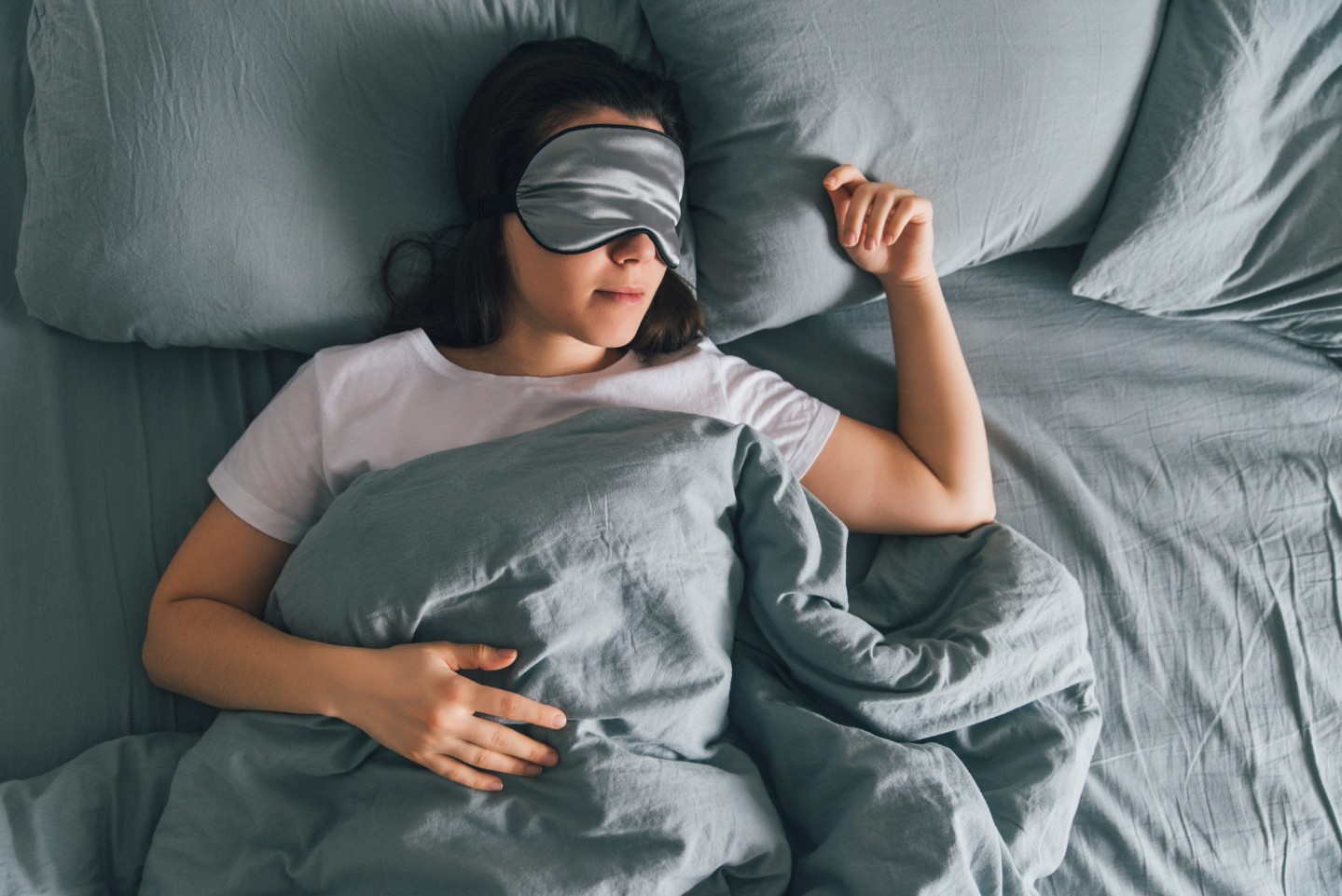Conquer the Crushing: Understanding and Managing Migraines and Headaches
JUN 19, 2025Understanding the type of headache you're experiencing is crucial for effective treatment.
Read More
Is it possible that a lack of sleep is putting a damper on your weight management or may even be the cause of your weight gain? While you are at work or school what is the first thing you reach for to stay awake? Think about it. One cup or two of coffee full of sugar and fat, an energy drink full of sugar, or snacks to keep your focus. Maybe you are so tired that you decide to skip your workout after work. To top things off you are too fatigued to cook, so you find the most convenient alternative: fast food. Then straight to bed (if you can fall asleep from all the sugar and caffeine you have consumed throughout the day.)
As this vicious cycle continues you develop lifelong habits that turn into lack of exercise and high caloric food choices that lead to not only weight gain but, all of the comorbidities associated with being overweight and obesity. These may be, but are not limited to:
Sleep does not cause weight loss, but a lack of sleep will cause weight gain. The average person needs about 7-8 hours of quality sleep per night. So, if you are already getting 7-8 hours of a night, an additional 1 hour will not cause weight loss. But, if you only get 5 hours, getting 7.5 hours may contribute to weight loss.
Lack of sleep affects our ability to lose weight by interfering with two nightly hormones: ghrelin and leptin. Ghrelin is the hormone that tells you when to eat. When you are sleep-deprived, you have more ghrelin. Leptin is the hormone that tells you to stop eating. When you are sleep-deprived, you have less leptin. More ghrelin plus less leptin equals weight gain.
If you are suffering from lack of sleep, speak with your physician to assess your quality vs. quantity. A thorough history and physical should be conducted to evaluate the underlying cause of poor sleep hygiene.
Small things people can do on their own to improve sleep hygiene is decrease caffeine intake, exercise regularly (not too close to bed time), steer clear of high volume and/or reflux producing foods right before bed and limiting fluid intake close to bedtime.
If you have more questions, speak with a Primary Care Provider.
Original post date: Oct. 2012. Revised: May, 2019.

Understanding the type of headache you're experiencing is crucial for effective treatment.
Read More
Proper diet is essential in maintaining bladder and bowel health as they affect your gut microbiome.
Read More
Injuries spike during the summer months but there are actions you can take to prevent injuries during the 100 deadliest days of summer.
Read MoreWhen you need local health information from a trusted source, turn to the CHI Health Better You eNewsletter.